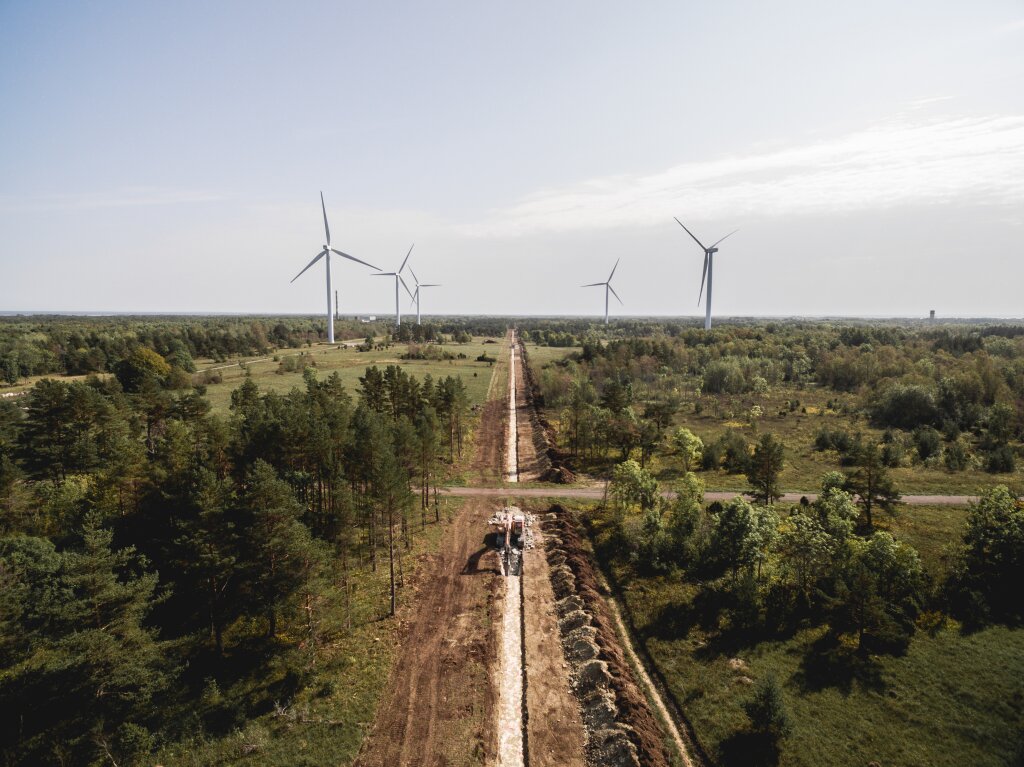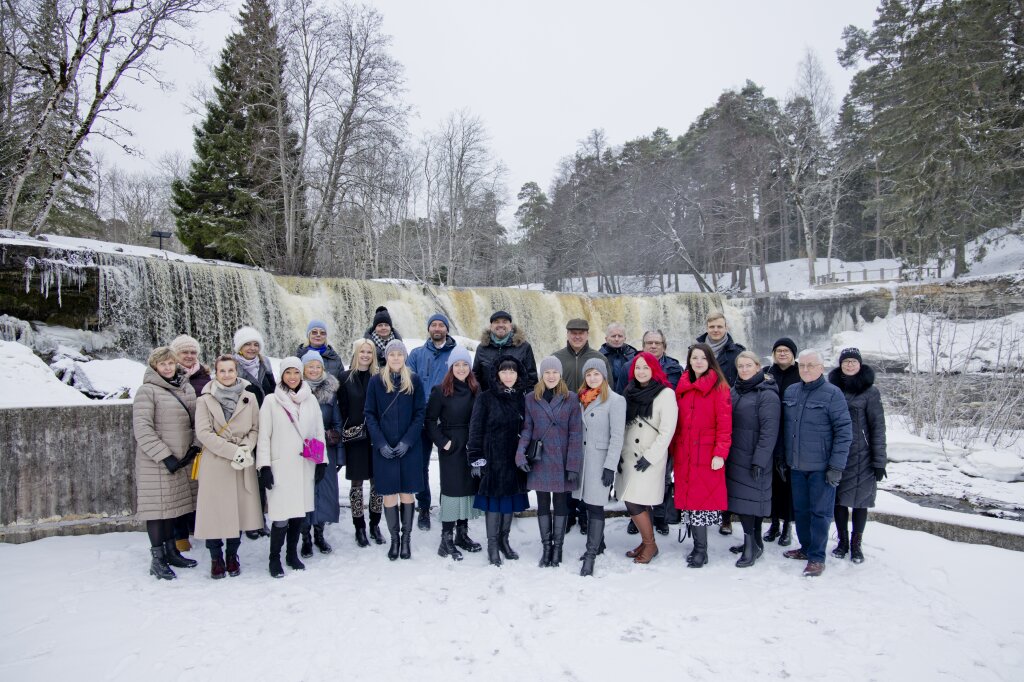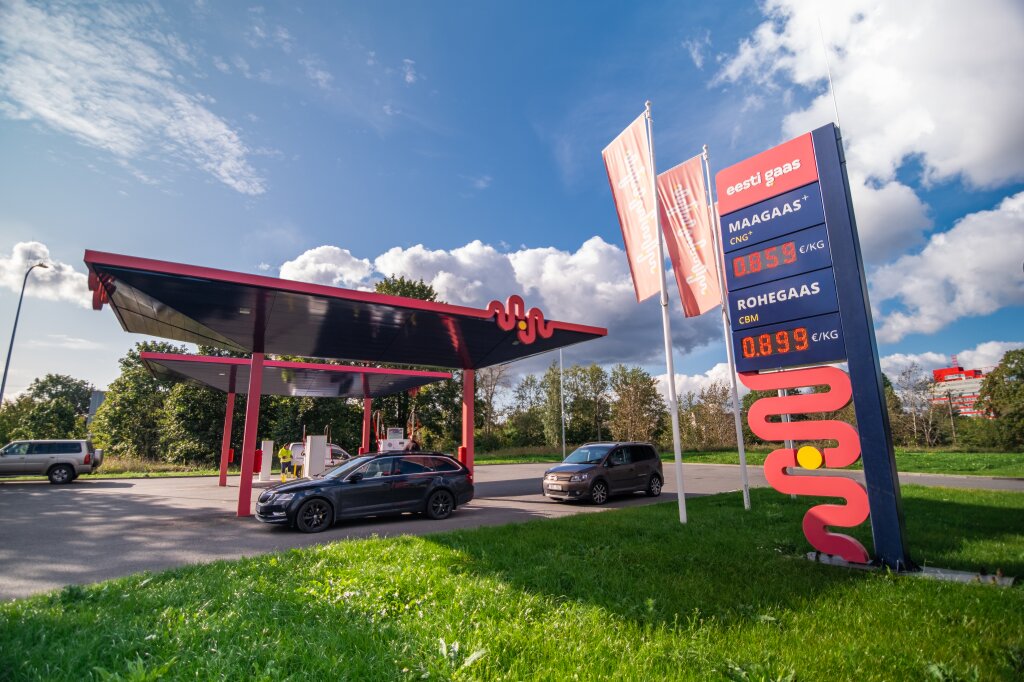Sustainability
Management
AS Infortar 2024 ESG report (PDF)
AS Infortar's Guide for Responsible Business Conduct (PDF)
Monitoring compliance with human rights and business ethics
We adhere to all major UN agreements on human rights within our group companies and when investing in new ventures: the UN Guiding Principles on Business and Human Rights (including the International Labour Organization’s Declaration on Fundamental Rights and Principles at Work), ILO core conventions, and the UN International Bill of Human Rights. Based on these principles, we have developed the Infortar Group's Responsible Business Conduct Guide, which regulates the protection of human rights and principles of business ethics.
We also expect our contractual partners and suppliers to respect human rights and follow principles of business ethics.
In line with the Act on Protection of Persons Who Report Work-Related Breaches of European Union Law (TÕRTKS), we have prepared a guideline for reporting a breach aimed at promoting a lawful, honest, open, and transparent workplace culture, allowing the group to identify and eliminate violations as swiftly as possible. The guideline applies to all companies within the AS Infortar Group.
Report a violation
In order to submit notifications in accordance with the Act on Protection of Persons Who Report Work-Related Breaches of European Union Law, the e-mail address for the Infortar company's group-wide notification is the following: rikkumine@infortar.ee.
People
The most important social impact of Infortar is the relationship between the group as the employer and the employees of the companies in the group, which is based on mutual trust, fairness, and dedication. The HR principles of Infortar Grupp rely on the following: a caring attitude towards its employees; appreciation for its people and mutual respect; a high work culture; purposeful, reliable, and loyal professional relationships; equal treatment; and good social behaviour. When recruiting employees, we look at a candidate’s diligence, intelligence, reliability, professional training, and openness to technological development.
We contribute to the personal development of our employees – by providing additional professional training, we support the acquisition of new knowledge. Our salary policies are based on the inherent responsibility of a position, work results, competence, and the efficiency of the employee. When developing the working environment for our employees, we are guided by the principle of wanting our employees to enjoy working here. We value long-term employment relationships and a healthy work-life balance, and fully support parents. We guarantee excellent opportunities for our employees for taking care of and supporting health and improving fitness levels.
Assessment and Management of Occupational Safety Risks
As developers of infrastructure and real estate as well as operators of commercial buildings where employees work and which clients use and visit every day, we must guarantee the safety and security of these buildings. This means constant internal monitoring and compliance with safety principles in all activities related to the buildings and infrastructure. We comply with all design, construction, and safety requirements when developing infrastructure and real estate. We cooperate only with competent and reliable construction companies and their subcontractors and use high-quality construction materials and working methods. As managers of the buildings, we monitor that the general order of real estate and its surroundings would not pose a hazard to people.
We support a wider social responsibility and a more cohesive society, and therefore, we contribute to the development of sports facilities (Tallink Tennis Centre) and support the opinion contest ‘Edukas Eesti’ (Successful Estonia) of Äripäev.
Environment
We follow the due diligence process when analysing aspects of sustainability (sustainability analysis before acquiring new companies). We are evaluating and mapping the energy consumption and the CO2 emissions of the companies in the group.
We invest in companies which work on alleviating climate effects – among all else, in infrastructure, machinery, equipment, cars, trucks, etc.





